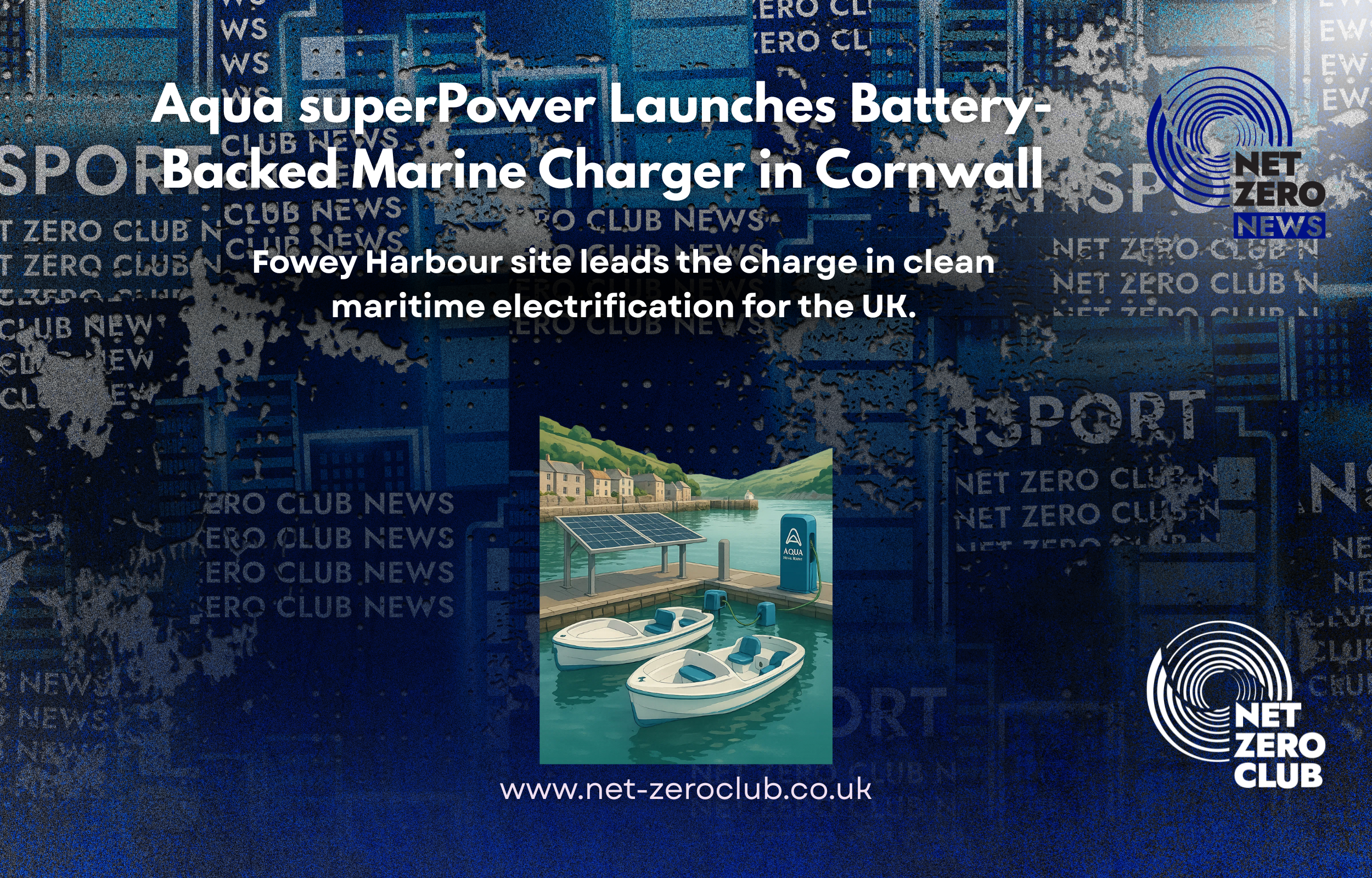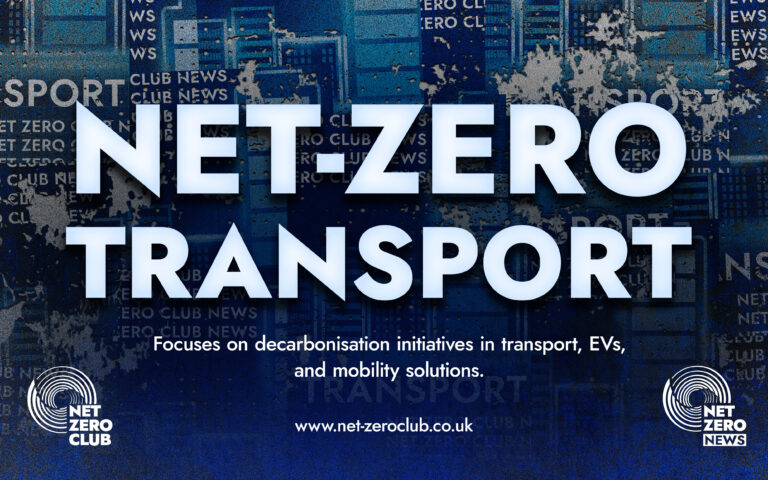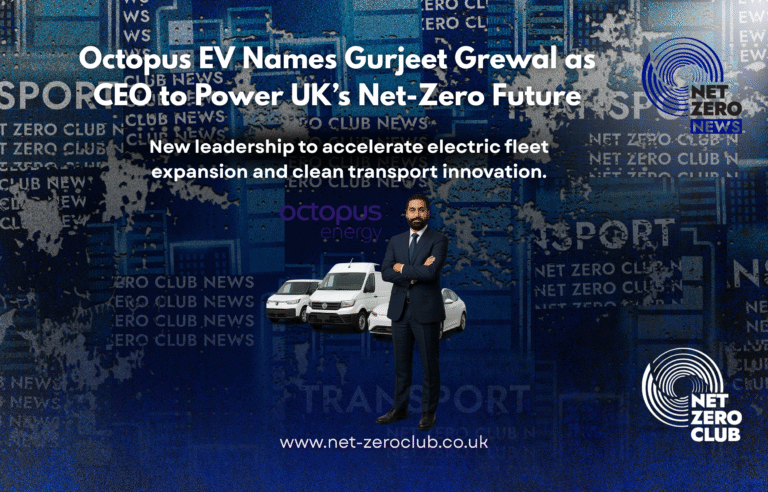Aqua superPower funds DC EV chargers for UK net-zero transition

Welcome to Net Zero News, where we bring you the latest developments driving the UK’s transition to a net-zero future. Today we report on a groundbreaking step in marine electrification that promises to reshape charging infrastructure for small craft and leisure vessels.
In a significant development announced this week, Aqua superPower has unveiled one of the UK’s first battery-backed DC charging stations in a marine environment at Fowey Harbour in Cornwall. The company, known for pioneering rapid charging solutions, has installed a 150 kW direct current charger coupled with a 200 kWh battery storage system on the harbour’s west quay. This innovative hybrid setup went live on 1 November and is designed to meet peak demand while reducing grid stress.
Net Zero News understands this project forms part of Cornwall Council’s wider ambition to support the UK Government’s Clean Maritime Plan and deliver on national net-zero targets by 2050. The battery buffer allows the charger to deliver consistent power to electric vessels without triggering costly grid upgrades. The state-of-the-art solution is capable of delivering up to 200 amps at 750 volts, enabling a small electric ferry to charge from 20 per cent to 80 per cent capacity in under 45 minutes.
This matters because the marine sector has historically relied on diesel generators and shore-power connections that strain local networks and emit pollutants. By integrating on-site battery storage, the Fowey Harbour charger reduces local peak demand by up to 70 per cent, according to Aqua superPower’s modelling. That reduction will cut CO₂ emissions by an estimated 30 tonnes annually, supporting cleaner air in coastal communities and advancing Cornwall’s pledge to become Britain’s first carbon-neutral county by 2030.
Behind the installation is a consortium led by Aqua superPower, working closely with Fowey Harbour Commissioners and Cornwall Council. The project secured £750,000 of private investment alongside a £250,000 grant from the UK Department for Transport’s Zero Emission Vessel Infrastructure Competition. Engineering oversight and performance monitoring will be delivered by the Offshore Renewable Energy (ORE) Catapult, ensuring best practice in system integration and safety compliance.
This initiative aligns directly with the UK’s Marine Plan and the Net Zero Strategy published in October 2023. Net Zero News can reveal that such battery-backed chargers are viewed by policymakers as a blueprint for decarbonising small- and medium-sized ports, reducing reliance on fossil-fuelled generators and supporting electric ferry routes set to launch around the UK’s coastline. It also dovetails with Ofgem’s flexible connections framework, which encourages low-carbon technologies to optimise grid use.
Local businesses and marine tourism operators stand to benefit from faster turnaround times and lower operating costs. Electric charter boats can now schedule charging between trips without incurring peak-tariff surcharges, while harbour cafés and shops may see increased footfall as waiting times shorten. However, some harbour stakeholders have raised questions about long-term maintenance and integration with future smart-grid schemes.
Looking ahead, Aqua superPower plans to monitor performance data over the next 12 months and explore roll-out to other Cornish ports including Plymouth and St Ives. Fowey Harbour Commissioners will review the system’s impact on harbour electricity bills and emission metrics before committing to further battery-backed installations. If successful, this pilot could become a template for battery-supported marine chargers across the UK.
—
Net Zero News is powered by the Net Zero Club.
Join the UK’s fastest-growing net-zero community.
Upcoming Events:
– Net Zero Scotland Projects Conference
– Net Zero Nations Projects Conference
Got a net-zero project to share? Email: lee@net-zero.scot
—

 Got net-zero news, project updates, or product launches to share?
Got net-zero news, project updates, or product launches to share? 

